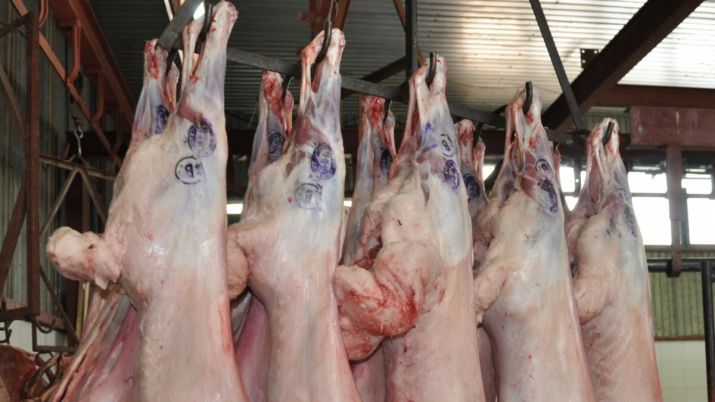ASTANA – Kazakh authorities are planning to increase the volume of lamb exported to China by the end of April, said Vice Minister of Agriculture Gulmira Issayeva at a recent government meeting.
“Kazakhstan’s bid was shortlisted and the Main Directorate for Quality Supervision, Inspection and Quarantine of China (MDQSIQ) decided to combine two inspection stages into one to reduce licensing procedures. We expect that in the second half of this year we will start real export of lamb,” she said.
Authorities have been hoping to start the real export of beef to the Chinese markets for years; however, after an epidemic of foot-and-mouth disease in 2013, all previous efforts resulted in minimal export volumes of meat. Chinese MDQSIQ inspectors will arrive in Kazakhstan at the end of the month.
“Because Kazakhstan has huge potential for the production and supply of organic agricultural products, we agreed that international experts would arrive through the Food and Agriculture Organisation and the Ministry of Agriculture of China to certify our products,” noted Issayeva.
“Every year, China spends $117 billion on food products,” said Atameken National Chamber of Entrepreneurs Deputy Chairperson Nurzhan Altayev. “One billion dollars is spent on meat. In addition, the Chinese are very interested in Kazakh meat products, legumes, beekeeping products and feed production. The Chinese are ready to invest in joint ventures.”
The average price for a kilogramme of beef in China is 3,100 tenge (US$10), while in Kazakhstan it is sold at about 1,500 tenge (US$4.80), according Kazakh Meat Union President Maksut Baktibayev.
Altayev made it clear the Atameken is willing to support Kazakh agricultural producers “wishing to enter the Chinese markets.” A special section, “Export to China,” has been created on the organisation’s website and social networks solely for that purpose.
In addition, the Kazakh Ministry of Agriculture is planning to simplify the procedure to admit domestic enterprises to the Chinese market. Chinese specialists are currently the only ones permitted to inspect the produce; in the near future, however, the Ministry of Agriculture hopes local experts will be able to do it.
“We will evaluate the whole system of food safety and we hope that in the future, with the veterinary service of China, we can agree that either under the guarantee of our veterinary service or after recognising the results of the audit of our system, we could get the right to certify local produce ourselves so our enterprises would be able to work for export, which is a mechanism that we have with other countries, for example, within the Eurasian Economic Union (EAEU),” said Issayeva.


